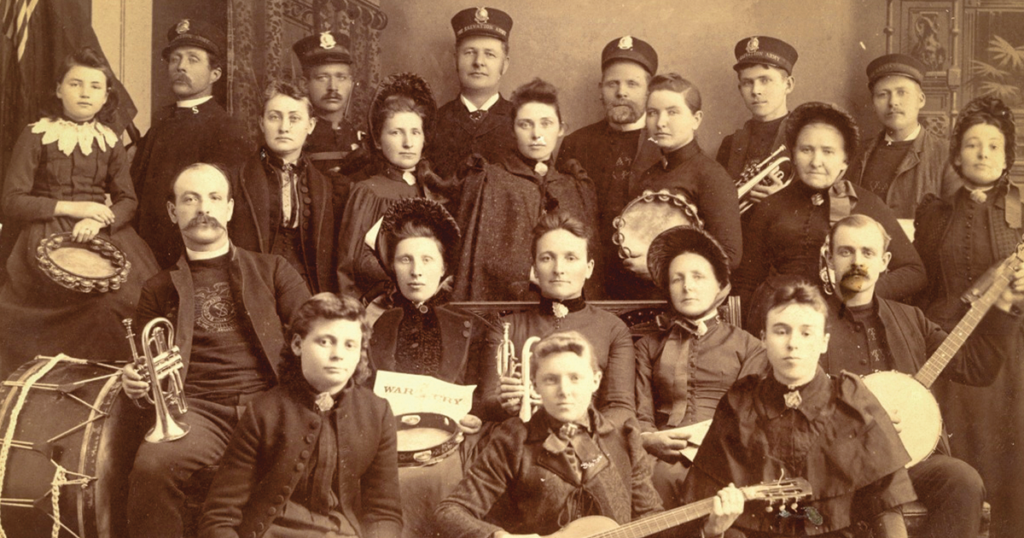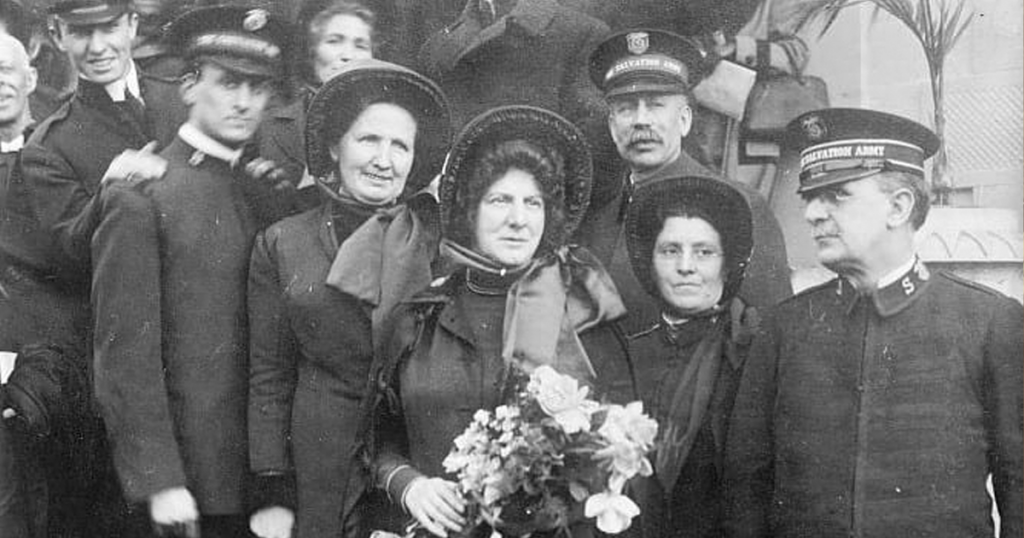No Longer Outcasts
"The Salvation Army continues to evolve and change its tactics, but the message of the Gospel remains the same, and the world is still in need of a Savior."
As The Salvation Army reached into the early 20th century, new generations of officers and soldiers entered the Great Salvation War. No longer the “rough and tumble” people of the early years, Salvationists sought a type of middle-class respectability.
Officers were encouraged to further their education with college. Soldiers moved from the marginalized poor to the middle of American society. These second-generation Salvationists became skilled workers, craftsmen and white-collar and professional people. The first-generation officer children were better educated than their parents, and almost all completed high school and went to some form of college or technical school, with many following their parents into officership.
As the social services ministry became more professional, so did the need for qualified and trained staff. Second generation officers were still trained in the traditional manner, but often despaired over the perception that they were redeemed members of the “lower unchurched classes.” They informed whoever would listen that they were from “good Christian and loving homes” with Christian parents and had been Salvation Army members since birth!

Another gradual change was the spontaneity of the open-air and worship services. The free-and-easy worship styles were codified into ritualistic meetings steeped in tradition. By the 1930s, the open-air meetings became rehearsed and uninspired. Parades or marches also suffered and were described as “just a band marching down the street.” Bands had also matured into codified and professional sounding groups. The days of random instruments making a joyful noise (or racket) were long gone. Disciplined musicians playing a fully planned and rehearsed program were the norm. Salvation Army bands were often included in civic parades, such as the Tournament of Roses parade in Pasadena, CA.
The Salvation Army continues to evolve and change its tactics, but the message of the Gospel remains the same, and the world is still in need of a Savior.
Major Jason Swain is the corps officer of the Northeast Corps in Ashland, KY. He is the former Assistant to the Editor-in-Chief at National Headquarters. He continues to study and write about history and is a regular contributor to The War Cry.
Photos courtesy of National Headquarters Archives







